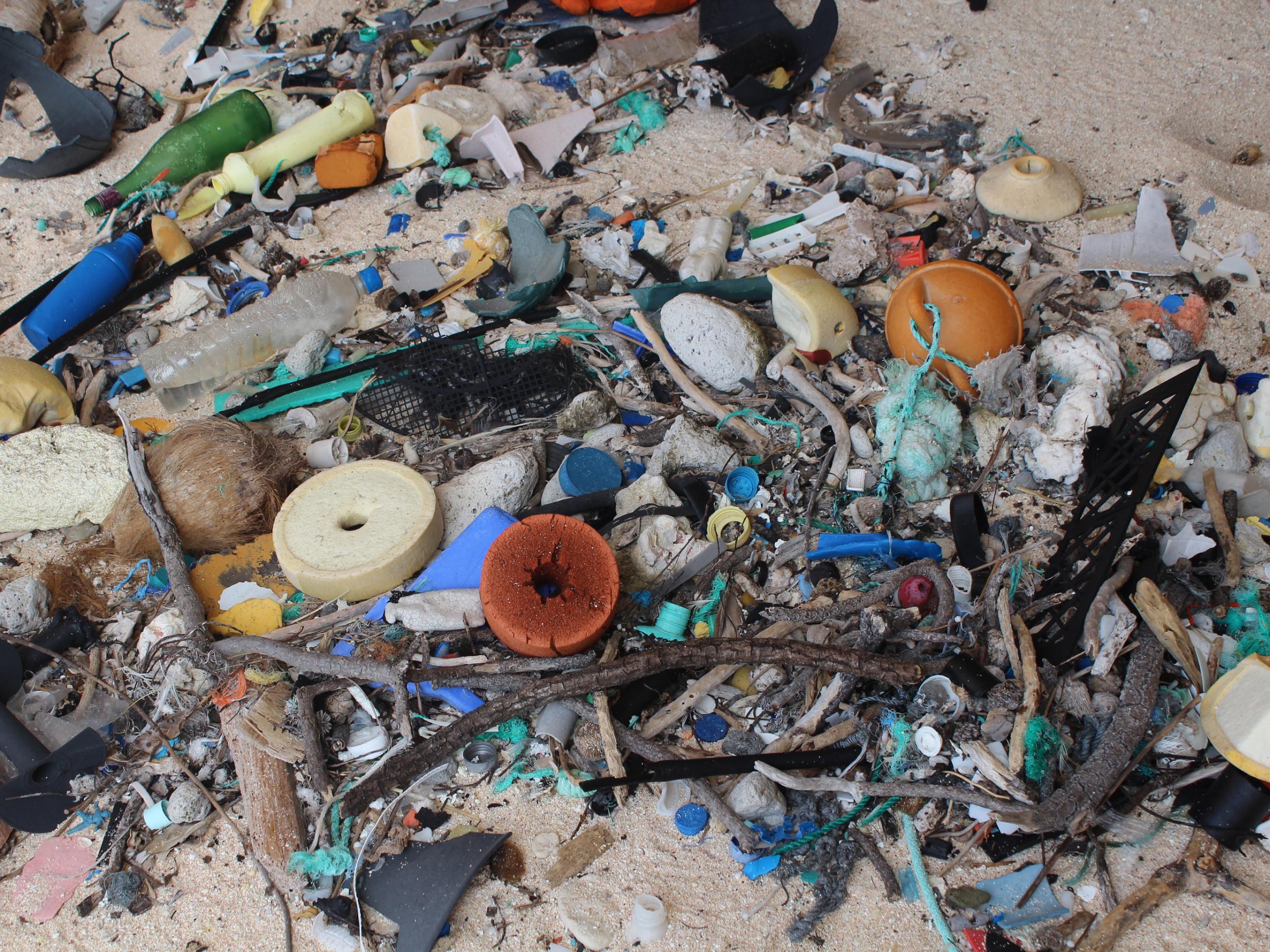Plastic microparticles found in flesh of fish eaten by humans
People could be ingesting scores of tiny bits of possibly toxic polymers without realising

Your support helps us to tell the story
From reproductive rights to climate change to Big Tech, The Independent is on the ground when the story is developing. Whether it's investigating the financials of Elon Musk's pro-Trump PAC or producing our latest documentary, 'The A Word', which shines a light on the American women fighting for reproductive rights, we know how important it is to parse out the facts from the messaging.
At such a critical moment in US history, we need reporters on the ground. Your donation allows us to keep sending journalists to speak to both sides of the story.
The Independent is trusted by Americans across the entire political spectrum. And unlike many other quality news outlets, we choose not to lock Americans out of our reporting and analysis with paywalls. We believe quality journalism should be available to everyone, paid for by those who can afford it.
Your support makes all the difference.Plastic microparticles are getting into the flesh of fish eaten by humans, according to a new study.
A team of scientists from Malaysia and France discovered a total of 36 tiny pieces of plastic in the bodies of 120 mackerel, anchovies, mullets and croakers.
They warned that as plastic attracts toxins in the environment, these poisons could be released into people’s bodies after they ate the fish. The plastics found included nylon, polystyrene and polyethylene.
Writing in the journal Scientific Reports, the researchers said: “The widespread distribution of microplastics in aquatic bodies has subsequently contaminated a diverse range of aquatic biota, including those sold for human consumption such as shellfish and mussels.
“Therefore, seafood products could be a major route of human exposure to microplastics.
“Microplastics were suggested to exert their harmful effects by providing a medium to facilitate the transport of other toxic compounds such as heavy metals and persistent organic pollutants to the body of organisms. Upon ingestion, these chemicals may be released and cause toxicity.”
They suggested people eating the fish examined in this study, which are often dried and sold across Malaysia and neighbouring countries, could consume up to 246 pieces of microplastic a year.
However, they added: “The majority of the tested fish in this study did not contain microplastics. Therefore, it is less likely that an individual would ingest the suggested maximum number of microplastics per annum.”
Researchers also said it was unclear whether the particles were actually carrying toxic chemicals so “we cannot evaluate the health risks associated with the consumption of dried fish at this moment”.
They suggested the level of contamination should be monitored.
“The increase in plastics disposal coupled with their continuous fragmentation is expected to increase microplastic concentrations over time. As such, it will become increasingly important to regularly assess microplastic loads in seafood products, including dried fish.
“Given the fact that dried fish are often consumed as a whole, they may be responsible for the translocation of a significant amount of microplastics into the body of consumers.”
Other studies have suggested that shellfish could be an even greater source of microplastic in the human diet.
The researchers noted that it had been estimated that “top European shellfish consumers” might consume up to 11,000 microplastic pieces a year.
Join our commenting forum
Join thought-provoking conversations, follow other Independent readers and see their replies
Comments